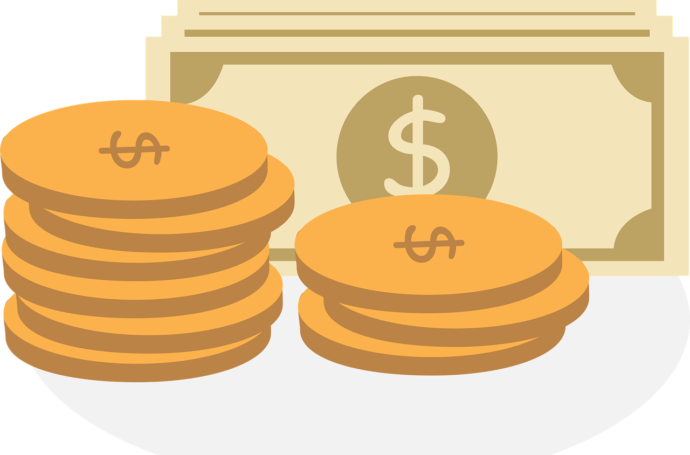
NFTs are a hot topic at the moment and we are seeing many companies set up by experts like Robert Testagrossa which are focused towards the rising success of NFTs. This isn’t necessarily a new idea, it is in fact one that has existed for a number of years now, but in recent months we have see an enormous focus on this aspect of the blockchain.
Today then we are going to take a look into what NFTs are and why they work so well for all parties involved.
Breaking Down an NFT
To those of you who aren’t sure what an NFT is, this stands for ‘non-fungible token’ in layman’s terms this means that it is a digital product which is not fungible, or transferrable across the blockchain. We can use NFTs in artwork, music, event tickets and many other forms of token. Those who buy an NFT, in whatever capacity it takes, will be the sole owner of that token. This can be resold by the owner, but the address for the NFT will always remain the same.
Security
One of the biggest reasons as to why NFTs work so well is that they are an incredibly secure way of passing on and storing information. Back in the European Championships in 2016 we saw tickets being delivered as NFTs, which made them much more secure that paper tickets or even emailed tickets. This can also greatly help with concert tickets, which are often bought and sold by scalpers who drive the ticket prices up, and restrict people from having tickets. NFTs is a great way to solve this problem.
Control For Artists
In the world of art and music we are seeing time and time again that artists are not making the money that they should do from the work which they are completing. There are so many record companies for example who rake a huge cut from the artist’s work, as well as art houses who take a slice of artwork created. Using NFTs mean that the artists no longer need that third party in order to get their work out there. This gives them the power to release as many NFTs as they like, and it means that they will end up with an overwhelming proportion of the money which is made from sales.
Increased Demand
And finally, as more and more people learn about what NFTs are, and more and more professionals jump onto the possibilities of NFTs, we are going to see a huge increase in demand. This has already started of course and many NFT artworks are being snapped up each and every day, by people who perhaps usually wouldn’t. This increase in demand is great for everyone involved with NFTs.
The possibilities for this technology really are endless and in the coming years we are certainly going to be seeing big changes within the world of NFTs. What do you make of this new technology?


















 Reaching the age of 40 is a significant milestone in someone’s life. For most people, they expect to have a family by then, have
Reaching the age of 40 is a significant milestone in someone’s life. For most people, they expect to have a family by then, have